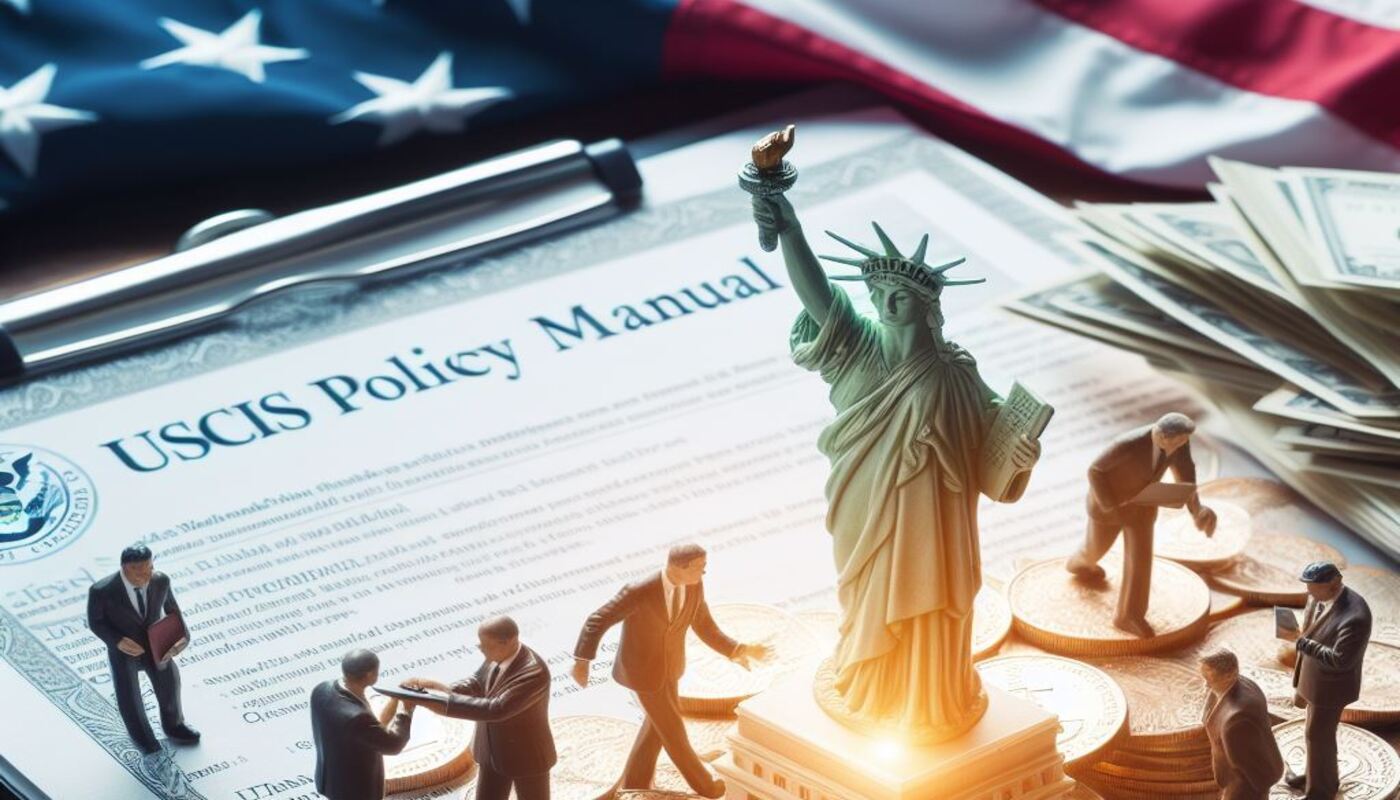The US Department of State has initiated a groundbreaking pilot program allowing 20,000 non-immigrant H-1B visa holders to renew their visas within the USA, eliminating the need to return to their home countries for stamping. This marks a notable departure from the traditional policy and, if successful, could be expanded to other visa categories. The decision comes after two decades of restricting visa renewals to home country processing.
The pilot project, introduced in January 2024, enables applicants currently residing in the USA and Canada to apply for H-1B visa renewals at consulates without the requirement to return to their home country, a move announced during the visit of Prime Minister Narendra Modi. The State Department has established a dedicated website for the pilot initiative. However, the in-country renewal facility is not extended to dependent visas such as H-4 visas.
In another significant development, H-4 visa holders, spouses, and children of H-1B visa holders will now receive automatic work authorization, benefitting approximately 100,000 individuals. This relief addresses the longstanding issue where spouses were unable to work without a Green Card, bringing a positive change for Indian tech professionals working in the USA.
Moreover, children of long-term H-1B visa holders will now have protection against aging-out concerns, allowing them to stay in the USA if they have maintained H4 status for eight years. Previously, children had to leave the USA upon turning 21, but with the new provision, they can apply for automatic work permit authorization (I-765) and continue their stay.
In yet another shift, the US Home Department is introducing a beneficiary-centric registration system for the H-1B program. Under this approach, multiple unrelated employers can submit registrations for the same noncitizen, but the US Citizenship and Immigration Services (USCIS) will only select the noncitizen once, streamlining the registration process.
These changes represent a beneficiary-centric approach, aiming to address challenges faced by H-1B visa holders and their families, streamline processes, and provide more opportunities for work authorization within the USA.
Source: Newstap

















